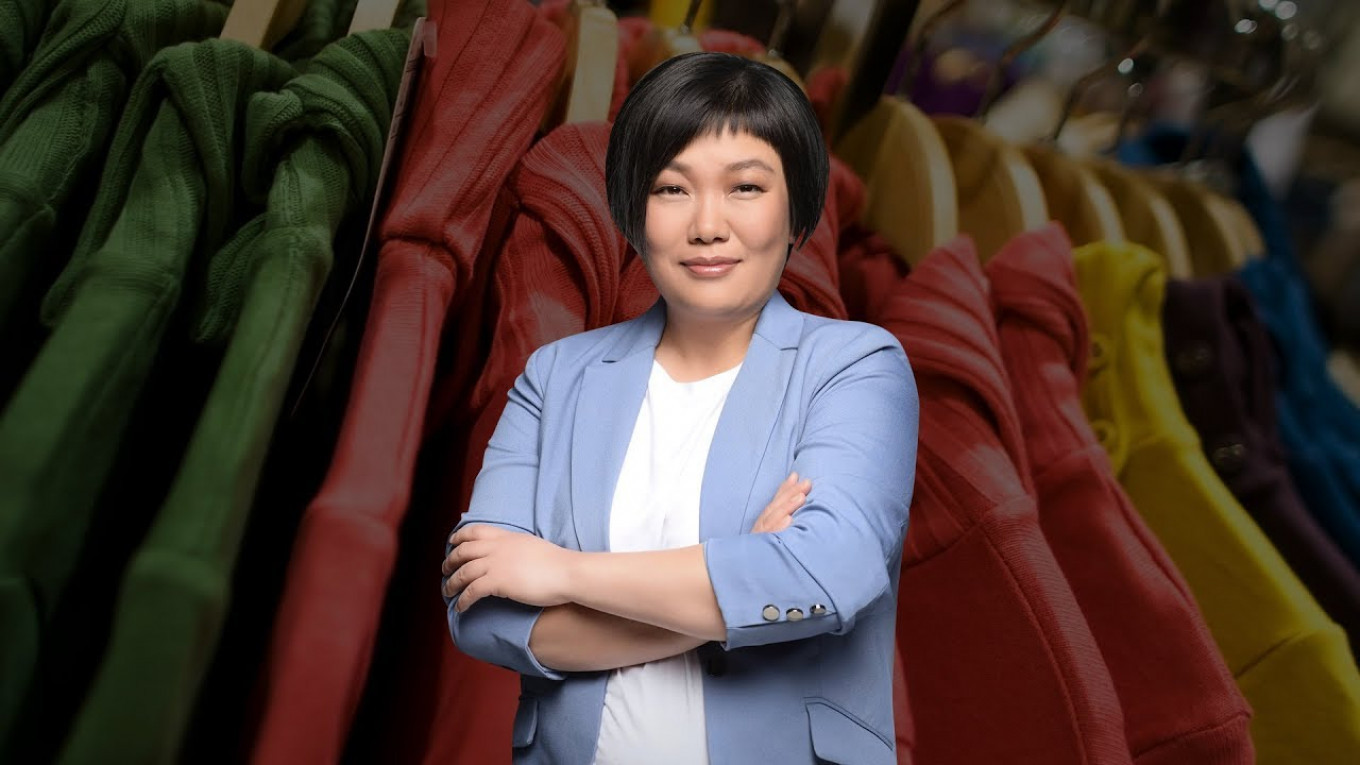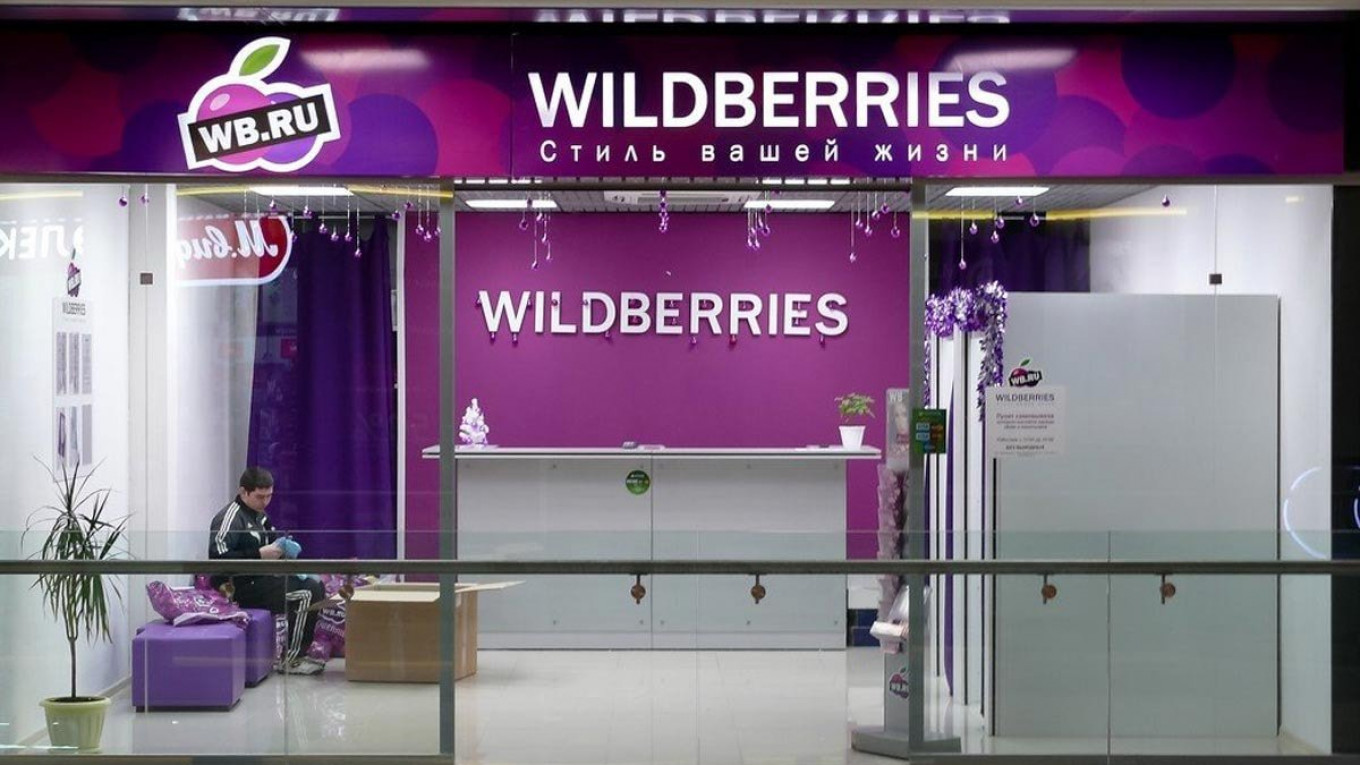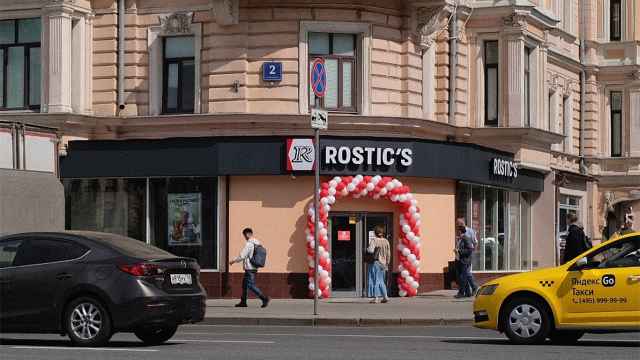The e-retailer Wildberries has overtaken the bricks-and-mortar franchise Sportsmaster as the biggest seller of clothes in Russia, as an e-commerce store becomes the biggest outlet for a product group for the first time ever.
Sportmaster was founded by Dmitry Doichen and brothers Nikolai and Vladimir Fartushnyaki in 1992, and has long been the biggest seller of fashion and apparel in Russia. The chain and its franchises have over 500 stores throughout Russia, Belarus, Ukraine, Kazakhstan and China, but in recent years its revenue growth has been constrained by the number of new stores it can open. The company earned revenues of 51.5 billion rubles ($791 million) in the first half of this year.
Wildberries is Russia’s biggest e-commerce site and has been growing in leaps and bounds in recent years. Its founder, Tatyana Bakalchuk, became Russia’s second ever female billionaire earlier this year after the company's revenue broke through the $1bn mark.

And Wildberries growth has not slowed. Revenues jumped again in the first half of this year, up by 79% as the store branched out, but clothing remains a core product offering of the group. Wildberries posted revenues of 85bn rubles ($1.3bn) in the first six months of this year, with clothing, shoes and accessories accounting for three quarters of its turnover, or 62.4bn rubles ($959mn), according to Vyacheslav Ivashchenko, Wildberries development director, as cited by Kommersant.
Wildberries was Russia’s biggest e-commerce online store in 2018, according to a ranking by revenues from Data Insight, cited by East-West Digital News (EWDN), and has held that position for several years.
It is the first time that an online store has become bigger than its real world counterpart to become the biggest retail outlet of its kind in the Russian market.
Experts at the Infoline news agency believe that the change of hands of the leader baton is permanent. They also expect Sweden’s H&M to overtake Gloria Jeans, which was founded at the start of the 90s to sell jeans to the post-Soviet market and has also been a market leader for decades, and take third place in the clothing retail business.
Russians have embraced e-commerce, which is growing ten times faster than the real economy and traditional retail. Online sales currently account for about 4.5% of Russia’s total retail turnover, but that has been more or less doubling every year in recent years and is on course to make up 8% of retail turnover by 2021.
This article first appeared in bne IntelliNews.
A Message from The Moscow Times:
Dear readers,
We are facing unprecedented challenges. Russia's Prosecutor General's Office has designated The Moscow Times as an "undesirable" organization, criminalizing our work and putting our staff at risk of prosecution. This follows our earlier unjust labeling as a "foreign agent."
These actions are direct attempts to silence independent journalism in Russia. The authorities claim our work "discredits the decisions of the Russian leadership." We see things differently: we strive to provide accurate, unbiased reporting on Russia.
We, the journalists of The Moscow Times, refuse to be silenced. But to continue our work, we need your help.
Your support, no matter how small, makes a world of difference. If you can, please support us monthly starting from just $2. It's quick to set up, and every contribution makes a significant impact.
By supporting The Moscow Times, you're defending open, independent journalism in the face of repression. Thank you for standing with us.
Remind me later.







